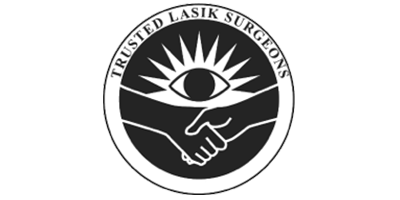- Spokane: 509.928.8040
- Coeur d’Alene: 208.664.9888
- Request an Appointment
- Careers
Conditions Treated at Empire Eye Physicians
Retinitis Pigmentosa
Hereditary progressive loss of vision
Retinitis pigmentosa (RP) describes a group of related genetic disorders that tend to run in families and cause a slow but progressive loss of vision. RP causes retinal degeneration, the loss of function of the light-sensitive neural layer at the back of the eye. RP usually affects both eyes equally in severity, ranging from no visual problems in some families to childhood blindness in others.
Symptoms
The earliest symptom of retinitis pigmentosa, sometimes noticed in childhood, is night blindness or difficulty with night vision. People with normal vision adjust to the dark quickly, but people with night blindness adjust very slowly or not at all. A loss of side vision, or tunnel vision, also is common as RP progresses. Unfortunately, the combination of night blindness and the loss of peripheral vision can be severe and lead to legal blindness.
While there is a pattern of inheritance for RP, 40 percent of RP patients have no known previous family history. Learning more about RP in your family can help you and your eye doctor predict how RP will affect you.
While developments are on the horizon, particularly in the area of genetic research, there is currently no cure for retinitis pigmentosa.
Supplements
Nutritional supplements may have an effect on RP. It has been shown that Vitamin A can slow the progression of RP, although large doses of Vitamin A can be harmful to the body. Vitamin E supplements appear to make RP worse. Your eye doctor can advise you about the risks and benefits of Vitamin A and how much you can safely take.
Despite visual impairment, people with RP can maintain active and rewarding lives through the wide variety of rehabilitative services that are available today. Until there is a cure, periodic examinations by your eye doctor are recommended for those with RP.
Specialized Procedures
Request An Appointment
Simply fill out this form and we will get back to you shortly.








It’s like a whole new world
"Thank you, Empire Eye Physicians. I thought I could see colors, but as I got older I didn’t knowI was painting brighter and brighter. After cataractsurgery, it’s like a whole new world! Like being blind and now you can see."
– Christina, Artist/Cataract Surgery Patient
Watch Christina's StoryA life changing event
"I started wearing glasses when I was 6 years old. Thank you so much for your care as I went through such a life changing event—iLASIK! I appreciate the individualized care and all that you do to improve peoples’ lives!"